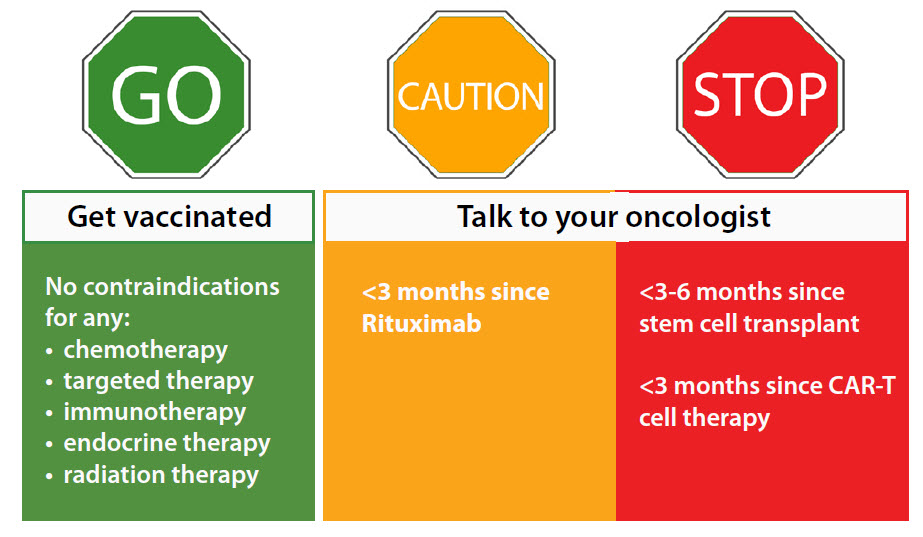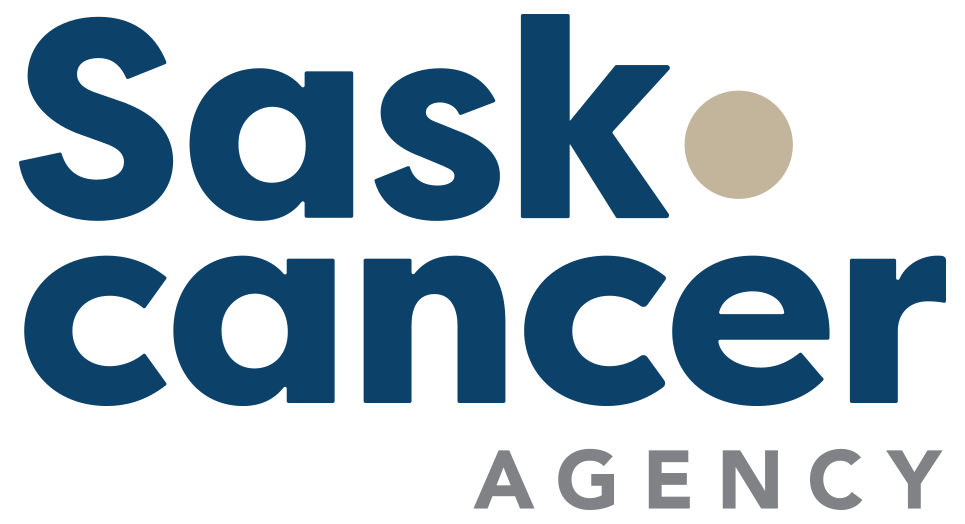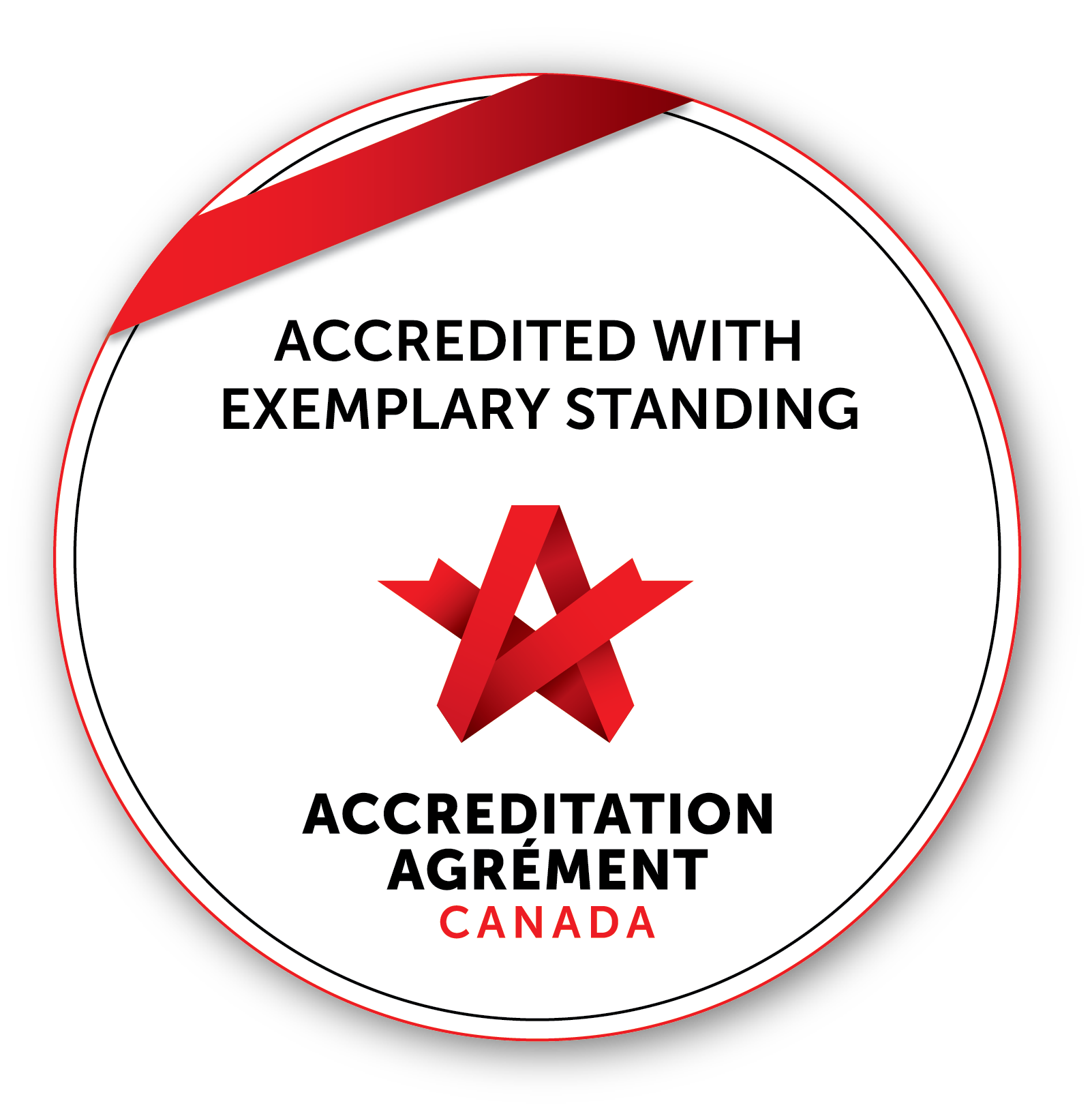Novel Coronavirus (COVID-19)
> Information for Screening Program clients is available here.
> Information for physicians is available here.
Information for Patients
COVID-19 Measures Remain in Place in Saskatchewan Cancer Agency Facilities
The Saskatchewan Cancer Agency continues to have precautionary measures in place in our facilities to reduce the risk of COVID exposure for patients, visitors and staff. Please note that until further notice:
- Mandatory masking remains in place for everyone within our facilities
Keeping Patients Safe
COVID-19 can affect cancer patients more severely than the general population. Keeping patients safe is our priority. The Saskatchewan Cancer Agency will phone cancer patients before upcoming appointments to ask you about your health, discuss your concerns, and walk you through what you can expect at your appointment.
> More information for patients is available on our FAQs for Cancer Patients page.
Cancer and COVID-19 Vaccination Eligibility
All cancer patients should get a COVID-19 vaccine.

- Any of the available COVID-19 vaccines can be used for cancer patients.
- Although vaccine efficacy may be less in those on active treatment, don’t delay — any protection is better than none.
- Time vaccination for a few days prior to chemotherapy cycles to maximize chance of response.
- Patients on prednisone or equivalent ≥ 20 mg/day may be too immunosuppressed to respond to vaccination.
Booster Shots for Individuals who are Immunocompromised
To protect Saskatchewan’s most vulnerable populations as their immunity wanes, a phased approach to booster doses of the COVID-19 vaccine is being introduced on September 7. Those who are eligible for a booster shot include stem cell and solid organ transplant recipients; recipients on stable, active treatment (chemotherapy, targeted therapies, immunotherapy) for malignant, hematologic disorders; and recipients of an anti-CD20 agent (e.g. rituximab, ocrelizumab, ofatumumab).
The interval between second and third dose is 28 days. The interval between third and fourth dose is three months.
Your Appointment
When you come to the cancer centre for your appointment, you will be screened for symptoms (respiratory symptoms, travel history, fever). Patients with a positive screen will then be further assessed by cancer centre staff. You will be provided with a surgical mask and asked to wear it for the duration of their time in the cancer centre. Support people who are permitted to attend patient appointments will also be provided with a mask that they will be required to wear. Staff will also be masked.
Services by our volunteers have been suspended in order to protect patients and volunteers. Please bring adequate snacks and beverages to your cancer centre appointment, as the nutrition carts may not be available.
Phlebotomy Service Reduced
Part of the measures to prevent the spread of COVID-19 to our patients and staff is limiting the number of people in the cancer centres. The Saskatoon Cancer Centre is reducing phlebotomy services and redirecting patients to community labs for blood work requirements. In special circumstances, such as for immuno-compromised transplant patients, the blood draw will be completed at the cancer centre in an exam room.
Patients with PICCs and ports, with the exception of highly immuno-compromised transplant patients, will be redirected to community labs for peripheral blood draws.
By sharing the need for blood draws with our community partners, the Cancer Agency is not only creating as safe an environment as possible but are conserving the specialized Cancer Agency staff for care only they can provide.
Chemo Cards for Patients
Fever is a common symptom of COVID-19. Fever is also a common symptom in cancer patients receiving chemotherapy. This type of fever requires urgent medical attention and early treatment intervention. To facilitate urgent patient assessment in hospital emergency rooms, the Cancer Agency is issuing chemo cards to all cancer patients to ensure they are easily and immediately identified. This card also signals the need for these patients to be isolated, when possible, to mitigate the risk of infection from viruses such as COVID-19.

Patient Supports/Visitor Restrictions
Immuno-compromised patients are at higher risk for illnesses, especially COVID-19.
We recognize the importance and value of having a support person present with you when you are seeing your care team. We ask that you identify one key support person to bring to your clinic appointment as we continue to work to limit the risk of exposure for other patients and staff. Additional support persons are welcome to join the appointment virtually by phone.
To further protect all vulnerable patients and limit the risk of exposure for patients and staff, patients receiving treatment within the cancer centre will be required to attend by themselves. As such, support persons will not be permitted to attend regular treatments.
Beginning treatment, however, can be very emotional and some patients may feel overwhelmed by the experience of the amount of information shared. Patients who are receiving their first cancer treatment may bring one adult support person to accompany them.
Patients who require a support person to accompany them to subsequent treatments due to medical or legal requirements will be evaluated on a case-by-case basis. There are also exceptions for patients in unique circumstances, including patients with cognitive/developmental or physical impairment, patients with substitute decision makers, and patients who require translators including deaf or hearing impaired. Patients who require a support person to accompany them to treatments due to medical or legal requirements will be evaluated on a case-by-case basis. Please contact your care team to discuss any exceptions.
Protect yourself and others, and help stop the spread of harmful viruses:
- Cover your mouth and nose with a tissue when you cough or sneeze.
- No tissue? Cough or sneeze into your elbow, not your hands.
- Wash your hands often with soap and warm water, or use a hand sanitizer.
- Stay home if you are sick.
- Practice social distancing (e.g. no handshakes, hugs, kisses).
Hand washing is important to stop the spread of germs and avoid getting sick. Stay healthy. Wash your hands often and for at least 20 seconds.
Stay up to date:
Public health officials continue to reassess the national and provincial public health risk, based on the best available evidence as the situation evolves. New information, tools and resources about COVID-19 are available on the Government of Saskatchewan website, which is Saskatchewan’s source of information for healthcare providers and the public.


